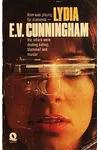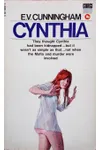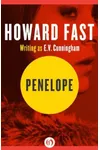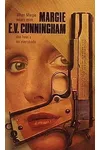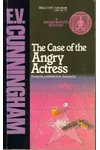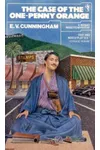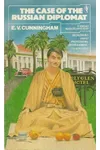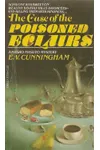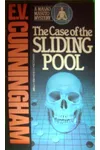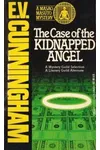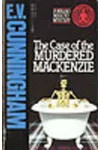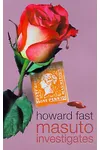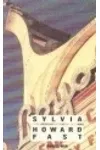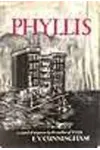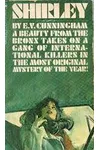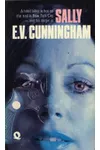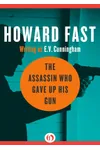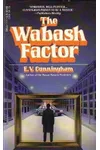Picture a storyteller who spun thrilling mysteries under a secret pen name, dodging the shadows of a political witch hunt—meet E.V. Cunningham! This pseudonym, used by American novelist Howard Fast, brought to life gripping detective tales and suspenseful novels during a turbulent era. Known for his versatility, Fast crafted stories that captivated readers with sharp wit and social undertones.
Born in New York City in 1914, Fast faced hardship early on, yet his passion for storytelling shone through, leading to a career that spanned genres and decades. As E.V. Cunningham, he carved a unique niche in mid-20th-century crime fiction, blending fast-paced plots with a knack for human insight.
The Making of E.V. Cunningham
Howard Fast grew up in a working-class Jewish family, selling newspapers as a boy after his mother’s death in 1923. A voracious reader, he landed a job at the New York Public Library, fueling his love for stories. By 18, he published his first novel, Two Valleys, in 1933. Fast’s early works focused on American history, but the McCarthy era’s blacklist forced him to adopt the E.V. Cunningham pseudonym to continue writing. This alter ego became a creative lifeline, allowing him to explore new genres while evading political persecution.
E.V. Cunningham’s Unforgettable Stories
Under the E.V. Cunningham name, Fast penned a series of mysteries and thrillers that stood out for their tight plotting and vivid characters. The Masao Masuto Mysteries, starting with The Case of the Angry Actress (1967), follow a Japanese-American detective navigating crime in Beverly Hills with Buddhist wisdom and sharp instincts. These novels blend cultural depth with suspense, offering a fresh take on the detective genre.
Fast also wrote female-centered thrillers like Sylvia (1960), where a private detective unravels a woman’s mysterious past, and Phyllis (1962), a tense tale of espionage and atomic secrets. His Cunningham works often carried subtle social commentary, reflecting Fast’s commitment to justice, yet they remained accessible and entertaining, appealing to fans of classic crime fiction.
Fast’s style as Cunningham was lean and cinematic, with dialogue that crackled and plots that kept readers guessing. Unlike his historical novels, these stories leaned into entertainment, drawing comparisons to Graham Greene’s “entertainments.” His ability to craft compelling narratives under pressure cemented his reputation as a versatile storyteller.
Why E.V. Cunningham Matters
E.V. Cunningham’s work offered more than thrills—it was a testament to resilience. During the McCarthy era, Fast faced imprisonment and blacklisting for his Communist affiliations, yet he kept writing, using the Cunningham pseudonym to reach readers. His mysteries provided an escape for audiences while subtly challenging societal norms, particularly through characters like Masao Masuto, who defied stereotypes.
Fast’s legacy as Cunningham endures in the crime genre, inspiring writers to blend social themes with suspense. His ability to pivot genres under adversity highlights the power of storytelling as both art and resistance. Today, his works remain a window into a pivotal era of American literature.
- Born: November 11, 1914, New York City
- Key Works: The Case of the Angry Actress, Sylvia, Phyllis
- Awards: Stalin Peace Prize (1954, as Howard Fast)
Ready to crack open a classic mystery? Snag The Case of the Angry Actress and dive into E.V. Cunningham’s thrilling world!
